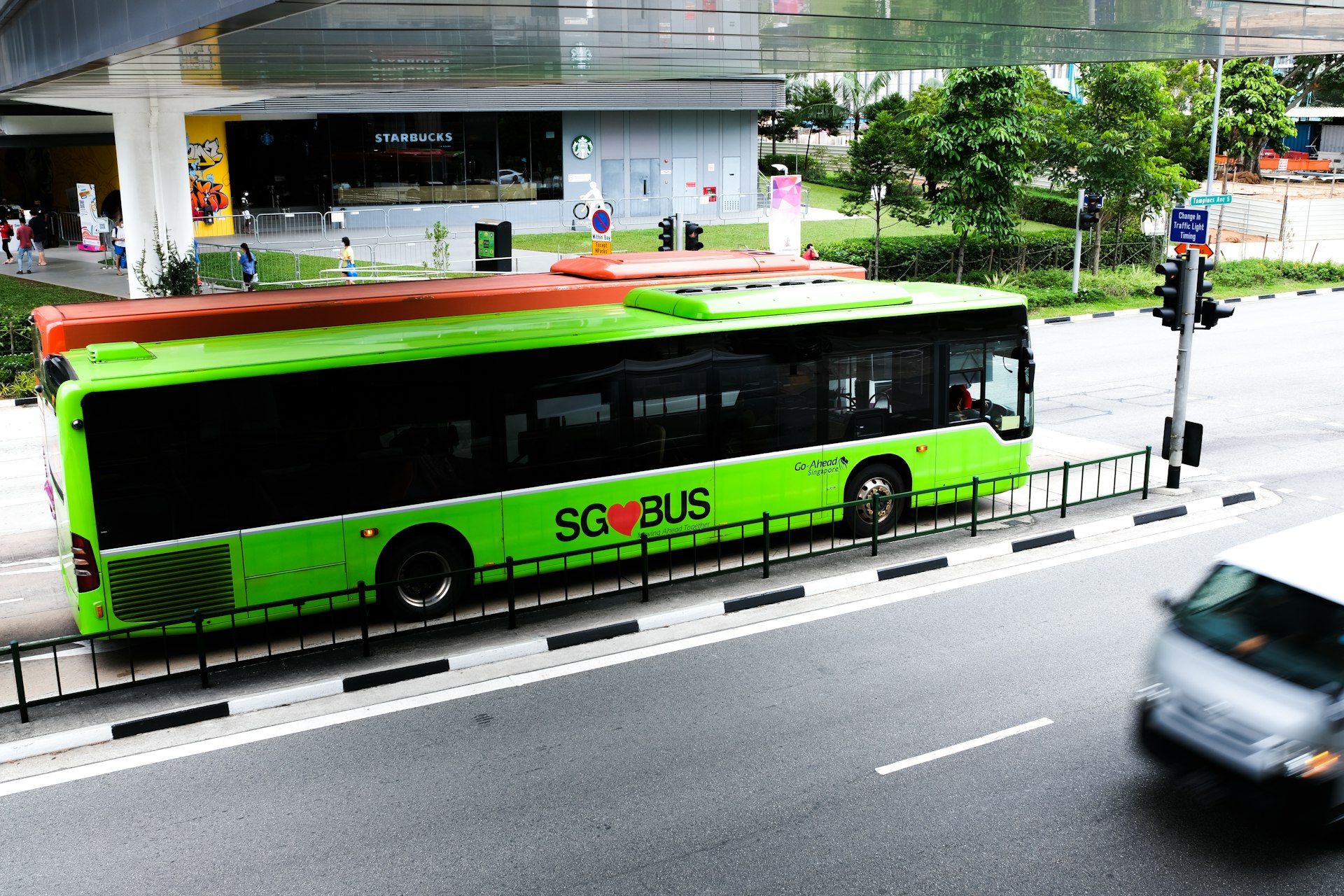Transforming Talent Acquisition: The Rise and Impact of AI-Powered Recruitment Platforms

Photo by Fotos on Unsplash
Introduction: The Evolution of Recruitment
Recruitment has entered a period of unprecedented transformation. As organizations face mounting pressure to hire quality talent swiftly and cost-effectively, the adoption of AI-powered recruitment platforms is reshaping traditional hiring processes. These technologies are not only automating repetitive tasks but also providing actionable insights to improve outcomes for both recruiters and candidates. The global AI recruitment market, valued at over $617 million in 2024 , is forecasted to exceed $1.13 billion by 2033 , reflecting an accelerating trend toward intelligent, data-driven hiring [2] .
Market Growth and Adoption Trends
The adoption of AI in recruitment has surged, with more than 55% of companies worldwide integrating artificial intelligence into their hiring processes. North America leads this transformation, accounting for over 38% of the global market , while Asia-Pacific emerges as the fastest-growing region [1] . Companies are leveraging AI to handle resume screening, candidate communications, and data analytics, resulting in significant reductions in time-to-hire and cost per hire. Industry reports indicate that organizations using AI-powered recruitment systems experience 30-50% faster hiring cycles and improved candidate quality [4] .
How AI-Powered Recruitment Platforms Work
AI recruitment platforms rely on machine learning, natural language processing, and big data analytics to automate and optimize various stages of the talent acquisition process. Key functionalities include:
- Automated Resume Screening: AI algorithms scan, parse, and rank resumes based on job requirements, filtering out unqualified candidates and surfacing top matches. This allows recruiters to focus on deeper candidate evaluations rather than manual sorting [2] .
- AI Chatbots and Virtual Assistants: These tools engage candidates via instant messaging, answer FAQs, schedule interviews, and provide updates, enhancing candidate experience and reducing administrative workload.
- Predictive Analytics: Advanced analytics assess candidate suitability and predict job performance by analyzing historical hiring data and current applicant information. This data-driven approach enables more objective, evidence-based hiring decisions.
- Bias Detection and Compliance: Leading platforms now feature bias-detection dashboards and human-in-the-loop review tools to address fairness and comply with regulations, such as the EU AI Act [3] .
Real-World Examples and Case Studies
Many large enterprises, such as multinational banks, technology firms, and healthcare providers, have reported measurable benefits from deploying AI recruitment technologies. For instance, in the healthcare sector, acute staffing shortages and complex credentialing requirements have driven hospitals to automate sourcing and verification, resulting in a 13.3% annual growth rate for AI adoption in this industry segment [3] . Tech giants increasingly rely on AI platforms for screening, interview scheduling, and onboarding, reporting enhanced candidate satisfaction and lower turnover rates.
Benefits for Employers and Job Seekers
The widespread use of AI in recruitment is delivering substantial benefits. For employers, AI reduces the administrative burden, accelerates hiring, and improves the quality of matches between candidates and roles. According to recent surveys, 56% of organizations believe automated tools relieve HR teams of repetitive tasks, freeing them for strategic initiatives [1] . For job seekers, AI-driven platforms offer expedited application processes, timely feedback, and greater transparency. Chatbots assist candidates through application steps, answer questions, and improve engagement.
Accessing AI-Powered Recruitment Platforms: Step-by-Step Guidance
If you are an employer or job seeker interested in leveraging AI recruitment tools, the following steps can help you get started:
- Research Platform Providers: Seek out established vendors with a track record in AI recruitment. You can find reviews and comparisons on reputable technology research sites such as Gartner or consult published market reports from authoritative sources.
- Assess Features and Compliance: Evaluate platform features, focusing on automation capabilities, integration with existing HR systems, and compliance with applicable laws and standards, such as GDPR or the EU AI Act.
- Request Demos and Trials: Most major platforms offer demos or free trials. Engage with their sales teams to understand how AI tools can be tailored to your organization’s needs. Prepare a set of evaluation criteria, including user experience, reporting, and support.
- Implement and Train Staff: After selecting a platform, establish a clear implementation plan. This typically involves data migration, customization, and user training. Many providers offer onboarding support and documentation.
- Monitor and Optimize: Regularly review outcomes and analytics provided by the platform. Solicit feedback from recruiters and candidates, and adjust workflows as necessary to maximize value.
If you are a job seeker, you may encounter AI-powered platforms during the application process on major corporate career sites or online job boards. Stay informed about best practices for optimizing your resume with relevant keywords and clear formatting to ensure algorithms can accurately assess your qualifications.
Challenges and Solutions in AI Recruitment
While AI recruitment platforms offer substantial advantages, they also introduce new challenges. Algorithmic bias remains a concern, as AI systems may inadvertently perpetuate existing inequities. To mitigate this, leading vendors have introduced bias-detection features, transparent audit trails, and regular human oversight [3] . Data privacy is another critical issue; users should verify that providers adhere to robust security standards and data protection laws. Organizations are encouraged to adopt a ‘human-in-the-loop’ approach, where AI augments but does not wholly replace human judgment.

Photo by Hitesh Choudhary on Unsplash
Alternative Approaches and Future Trends
Some companies may prefer a hybrid approach, integrating AI-driven automation with traditional recruitment practices to maintain a personal touch. Others may choose specialized AI tools for discrete tasks, such as resume parsing or candidate engagement, rather than full-suite platforms. As the market matures, expect increased customization, improved explainability, and growing emphasis on ethical AI use. The continued rise of cloud-based recruitment solutions, especially in fast-growing markets like Asia-Pacific, will further democratize access to advanced hiring technologies [2] .
How to Stay Informed and Make the Most of AI Recruitment Platforms
Given the rapid pace of innovation, staying up to date on AI recruitment trends is essential. Consider subscribing to HR technology newsletters, participating in industry webinars, and consulting market analysis from reputable firms. If you are an HR professional, join professional associations such as the Society for Human Resource Management (SHRM) or seek guidance from local HR councils. For job seekers, online resources and career centers at universities often publish tips for navigating AI-driven hiring processes.
Summary
The rise of AI-powered recruitment platforms marks a pivotal shift in talent acquisition. By automating repetitive tasks, enabling data-driven decision-making, and enhancing the experience for both employers and candidates, these platforms are setting new standards for efficiency and effectiveness in hiring. While challenges persist, especially around bias and data privacy, ongoing regulatory developments and technological advancements are shaping a more equitable and transparent future for recruitment.
References
- [1] Research Nester (2025). AI Recruitment Market Outlook, Trends & Forecast to 2035.
- [2] Straits Research (2025). AI Recruitment Market Size, Share and Forecast to 2033.
- [3] Mordor Intelligence (2025). AI Recruitment Market Size & Share Analysis.
- [4] Homans (2025). AI in Recruitment 2025: Future of Hiring Explained.
- [5] Precedence Research (2025). Artificial Intelligence in HR Market Size to Surge USD 30.77 Billion by 2034.



